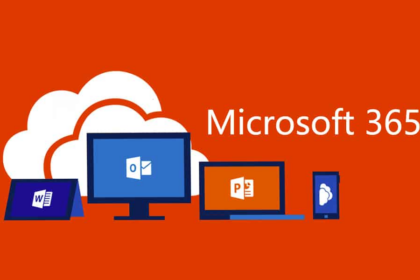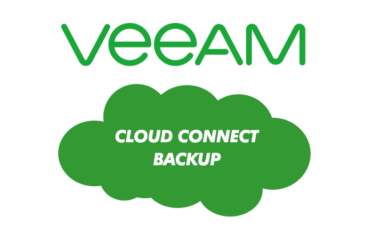
The market has shifted to subscription-based licensing, and Microsoft’s cloud solutions can be hard to navigate. Microsoft’s own marketing terms have changed over time, leading some to believe that Microsoft 365 is simply a way to license Office applications, such as Word and Excel. In reality, Microsoft 365 encompasses a large number of capabilities that target both small business and enterprise customers.
Narrowing the options
For the sake of simplicity, we are going to focus on three of Microsoft’s small business offerings: Microsoft 365 Business Basic, Microsoft 365 Business Standard, and Microsoft 365 Business Premium. These offerings are intended for businesses with fewer than 300 users, however, many of the same considerations apply to Enterprise licenses as well. To determine the quantity and type of licenses you need, let’s start with a few basic questions:
- How many email users do you have?
- Do these users need Microsoft Office applications on their computer?
- Do any of your users have mailboxes that contain more than 50 GB of email?
- Finally, do any of your mailboxes contain sensitive information?
Users that need Microsoft Office installed require Business Standard or Business Premium licenses. This tends to be one of the most common needs along with basic email services.
Large mailboxes
Users with more than 50 GB of email should reduce their mailbox size if possible, as this not only avoids paying a premium for a larger mailbox or archive, but also reduces the potential for other technical headaches. Having said that, there are some situations where large mailboxes are an unavoidable requirement, especially for customers migrating away from on-premises Exchange servers. In that case, you have two options:
- Choose Business Premium licenses for these mailboxes, which includes a 50 GB archive mailbox. Older mail will automatically move to the archive mailbox according to a policy you specify.
- Add an additional license to any mailbox that increases the size limit to 100 GB and includes a 1.5 TB archive mailbox. The specific license that’s needed is Microsoft Exchange Online Plan 2.
Focusing on security
Only Business Premium includes Intune, which is Microsoft’s product for mobile device management. Intune allows you to enforce consistent security and configuration standards across your organization’s mobile devices and laptops. Furthermore, it allows you to remotely wipe data from lost or stolen laptops and mobile devices, so for this reason alone, Business Premium is always our recommendation for sensitive data.
What’s missing?
Business Basic and Business Standard lack two important features that we consider essential and therefore bundle back in:
- Self-service password reset, which allows users to change their passwords online and have this password written back to your Windows domain.
- Conditional access, which allows you to enable Microsoft’s recommended security settings while retaining compatibility with legacy applications and devices (such as older copiers and printers).
- The specific license needed to enable both features is Azure Active Directory Premium P1.
Adding these items raises the cost slightly above the standard Microsoft offerings, so it’s important for you to understand when comparing prices.
Final thoughts
All tiers include other important features, such as 1 TB of OneDrive online file storage and multi-factor authentication. If your existing mailboxes do not require a second authentication method when logging in (such as answering a prompt on your phone or entering a one-time passcode), we would recommend a migration to Microsoft 365 as soon as possible.
For your convenience, we have included a PDF summary of these features below. If you have questions or concerns, do not hesitate to call or email…
— The Complete IT Team



